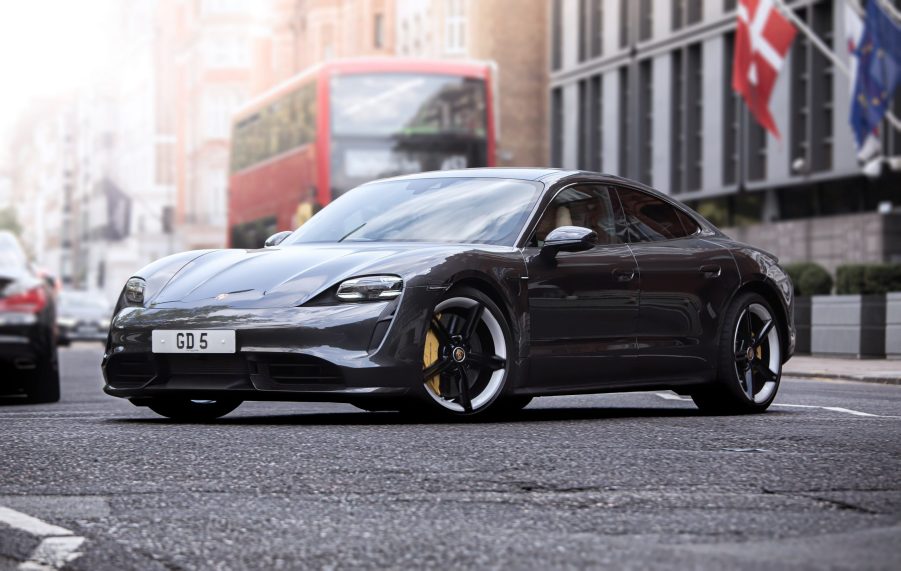
Will This Ruin Porsche Forever?
Volkswagen has announced the automaker will launch an IPO for Porsche. Though still having to receive approvals from supervisory boards, it follows a year of speculation VW would do this. In fact, it said it decided not to go public with the sports car maker earlier last year. Maybe VW wants to use Tesla’s playbook to spur investment?
Is a Porsche IPO a good or bad thing?

The positives for such a move are obvious. It is a quick and relatively easy way to raise capital. That added investment can fund research and development, as well as capital expenditures. It is sometimes used to pay off debt. An added advantage is the exposure brings publicity. These are all of the good that comes with an IPO.
But the downsides are more subtle but can undermine a company’s products. Porsche AG has a reputation for stellar engineering, along with excellent design and execution. All of this and more can be compromised by the added pressure from investors looking for short-term results.
Moves that the company makes or management investigates can become the laser focus of investors looking at profits rather than the product. It can change from a company with the rep Porsche has, to a company making moves to boost earnings. And we’re not talking long-term earnings. Short-term results rather than long-term growth can begin to stifle a company like Porsche.
The Snap-Chat lawsuit is but one example of what can happen

Then there are the industry regulations. These laws are needed to regulate securities industries. But they can also change how a company does business, leading to other changes that affect the product. There have even been lawsuits, as happened with the parent company of Snap-Chat.
Investors felt the company had made “materially false and misleading statements” about its prediction for growth potential. This was filed in May 2017, less than three months after the company went public. Almost three years later, Snap Inc. settled for just under $200 million. But the IPO did generate $3.4 billion.
All of this is to say that Porsche risks following some of these unfortunate paths when it intended to jumpstart EV and software development. That’s a natural desire for a car company in today’s EV zeitgeist. But not to the detriment of its cars and SUVs long-term.
How long has Porsche been investigating going public?

The first news of VW looking at a Porsche IPO began in 2018. Chief Financial Officer Lutz Meschke suggested that doing this would “unlock value and replicate Ferrari NV’s successful share sale years earlier,” according to Bloomberg. The suggested never got traction, and nothing more came from it. Then last year, Porsche CEO Oliver Blume brought it up publicly again.
There has been a lot of maneuvering over stock acquisition and voting shares between the two companies. According to Reuters, at one point in 2009, Porsche had a voting stake of over 50 percent in VW. It said it was prepared to raise that to 75 percent with the eye toward taking over VW. By midyear, it drew back on its takeover plans, offering instead to merge with VW.
Porsche’s unsuccessful takeover of VW led to lawsuits

Then a number of investment funds combined to file a lawsuit against Porsche, saying it committed fraud, conducting a short-squeeze. Those funds lost a combined $1 billion when the automaker was maneuvering to take over Volkswagen. As you can see, there are a lot of unknowns that can distract and drain capital when investors have a piece of a company.
What this all leads to is that if the company were to go public, it could lead to different development processes and timelines, what the company will invest relative to innovations, and the quality of the product in an effort to appease investors and increase profits. If that happens, it could ruin Porsche forever.



